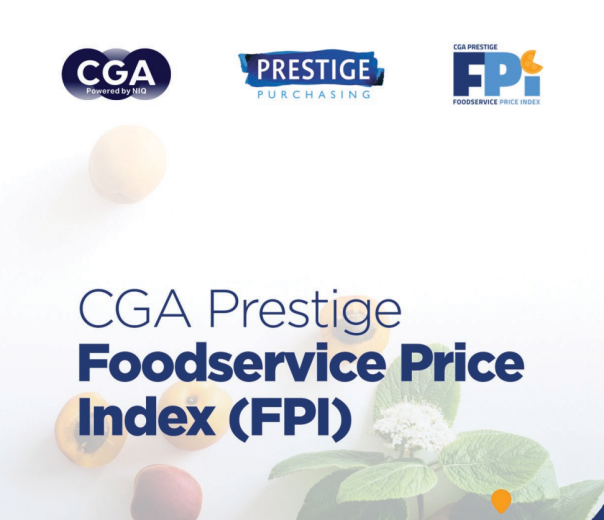
The softening of inflation has also been seen in the Consumer Price Index (CPI) for food, which indicated only a marginal increase of 0.1% in March. The rate in the Foodservice Price Index remains more than double the level of retail, which stands at 4% year-on-year.
Inflationary pressures have been relieved by an easing in UK wage costs, where real-terms growth fell to 2.9% in February. While an increase in the National Living Wage in April will likely cause a temporary rise in growth, the trend in reduced wage rises is expected to help ease inflation in the months ahead.
Shaun Allen, Prestige Purchasing chief executive, said: “While the continued decline in inflation rates is undoubtedly positive news, it is crucial for hospitality businesses to exercise acute attention to their purchasing strategies during this period.
“As price inflation falls, it presents a pivotal opportunity for operators to review and refine their procurement processes, ensuring they capitalise on the changing market conditions to secure the best possible terms and maintain a competitive edge.”
While the latest figures indicate a positive direction for foodservice, the sector continues to navigate potential challenges including the implementation of border checks in the UK, which may contribute to additional supply costs.
James Ashurst, client director at CGA by NIQ, added: “After two years of relentlessly high inflation, a fall into single digits in March brings some welcome respite. Along with signs of increased consumer demand, it makes us cautiously optimistic for businesses as we move further into 2024.
"However, high prices in food and elsewhere have caused significant damage, and it may be some time before we achieve sustained low inflation and real-terms sales growth.”